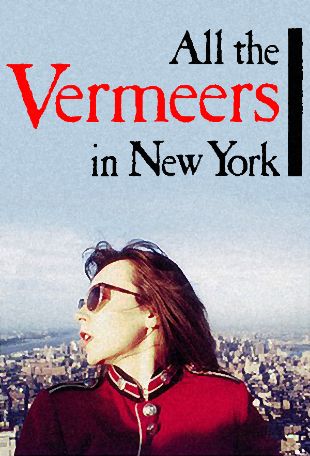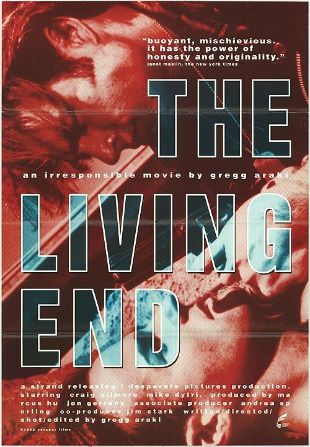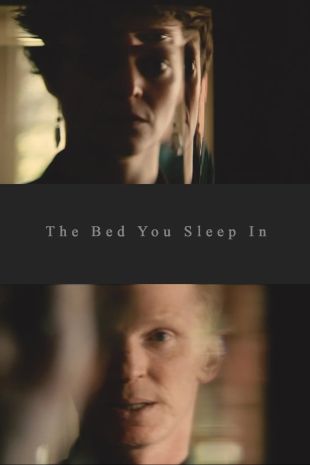Maverick experimental filmmaker Jon Jost was among the most innovative and influential independent directors in contemporary cinema; dubbed "the American Godard" by critics, his singular creative approach -- equal parts elliptical narrative sensibility, ravishing visual style, and potent socio-political commentary -- emerged as one of the most unique and provocative voices of its time. Born in Chicago, Jost was the product of a military upbringing, and was raised in areas of the globe ranging from Kansas to Japan to Germany. Expelled from college in 1963, he made his first 16mm short subjects a short time later; a self-taught filmmaker, he not only wrote and directed all of his subsequent feature work, but also served as his own photographer and editor.
In 1965, Jost was sentenced to serve over two years in prison for charges of dodging the draft; upon his release he immersed himself in political activism, co-founding the Chicago arm of the leftist film production and distribution group Newsreel. He made his first feature-length film, Speaking Directly: Some American Notes, in 1974; shot on a budget of just 2,500 dollars, it was a fiercely political essay touching on points spanning from Jost's interpersonal relationships to the United States' relationship with the rest of the world, most specifically Vietnam. Equally intriguing was the picture's visual range, which varied from extended takes to baroque camera angles to even animated sequences. Long takes were again the hallmark of 1977's Last Chants for a Slow Dance, a portrait of a killer's drive through Montana starring Tom Blair, a familiar face in much of Jost's later work.
Jost's next effort, 1978's Chameleon, offered an atypically conventional narrative concerning the exploits of a L.A. cocaine dealer; still, the film was a critical success, winning "best of the festival" honors at the U.S. Film Festival. In 1981, he returned with Stagefright, a highly experimental work produced for West German television; two years later, Jost helmed Slow Moves, an improvisational piece shot in just under four days starring actors who'd never met prior to filming. Angel City, a surreal riff on the detective genre, followed in 1984; Jost then fell silent until 1987, resurfacing with Bell Diamond, another improvisational drama filmed in Butte, MT, with local actors. A year later, he released the essay Uncommon Senses (aka Plain Talk & Common Sense), a kind of Reagan-era update to Speaking Directly filmed during a cross-country journey.
Also in 1988, Jost delivered Rembrandt Laughing, an abstract comedy/drama set in San Francisco exploring the day-to-day lives of a group of friends; 1990's sublime All the Vermeers in New York is its companion piece, a study of similar themes and ideas set on the opposite side of the continent. Nestled between the two films was 1990's Sure Fire, a disturbing and deeply personal work ironically dedicated to the director's own father. In 1991, Jost was the subject of a complete retrospective held at the Museum of Modern Art; other honors included being named the first recipient of the John Cassavetes Award for lifetime achievement handed out at the Independent Spirit Awards. After two more films -- The Bed You Sleep In and the vicious road movie Frameup, both from 1993 -- Jost relocated to Europe to live and work.


